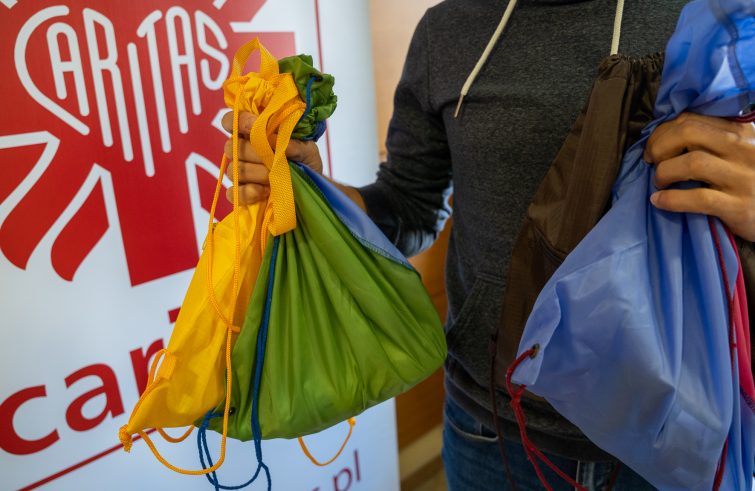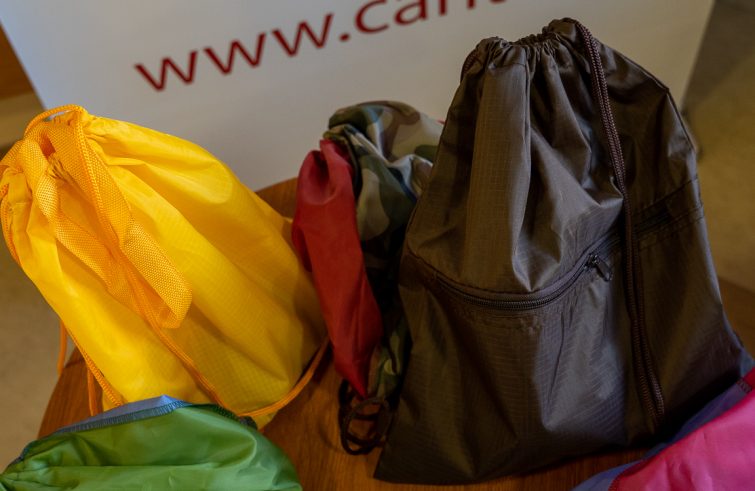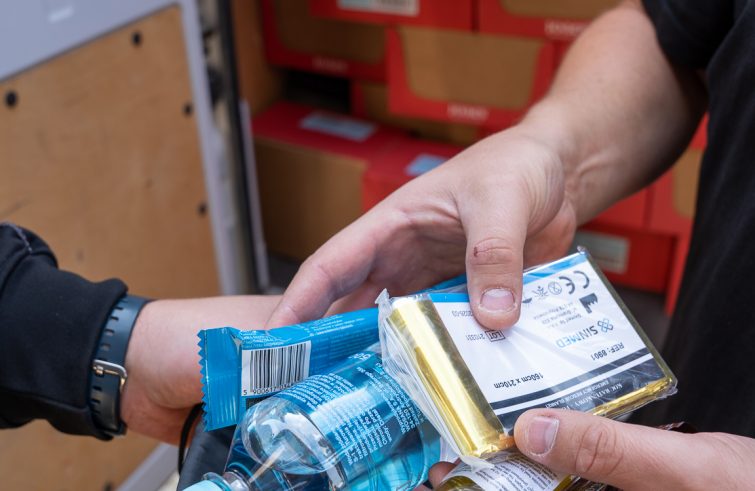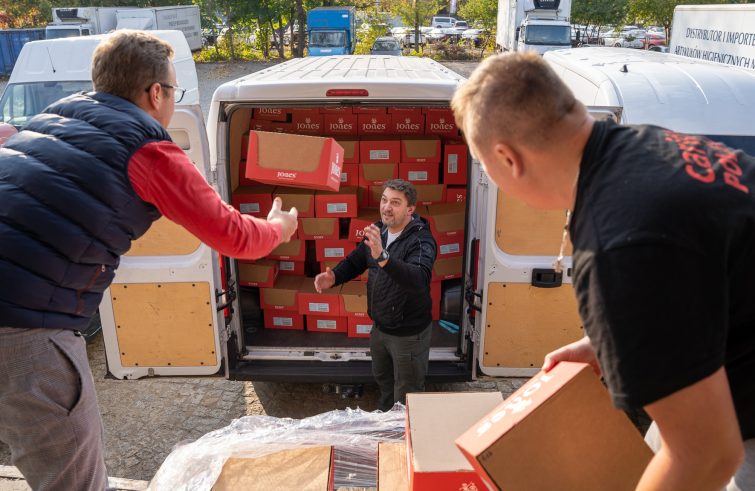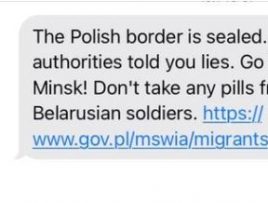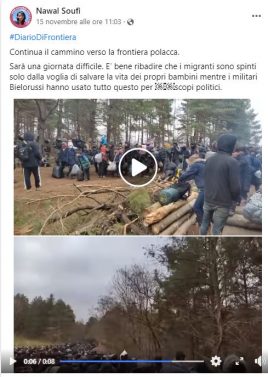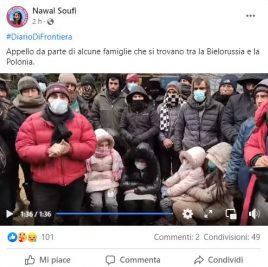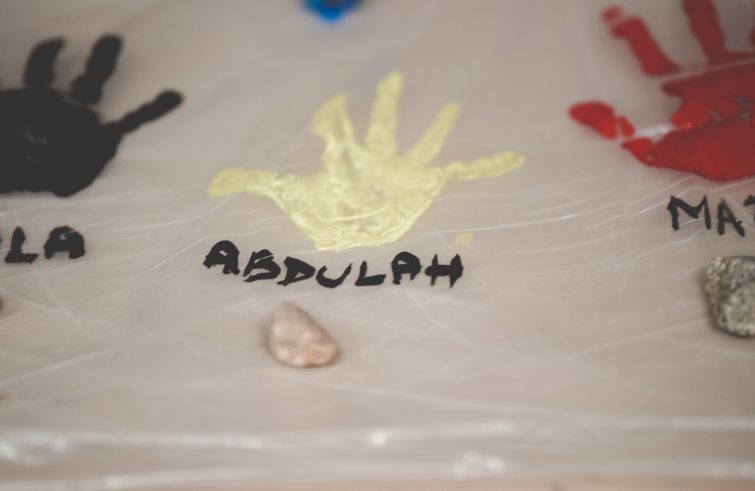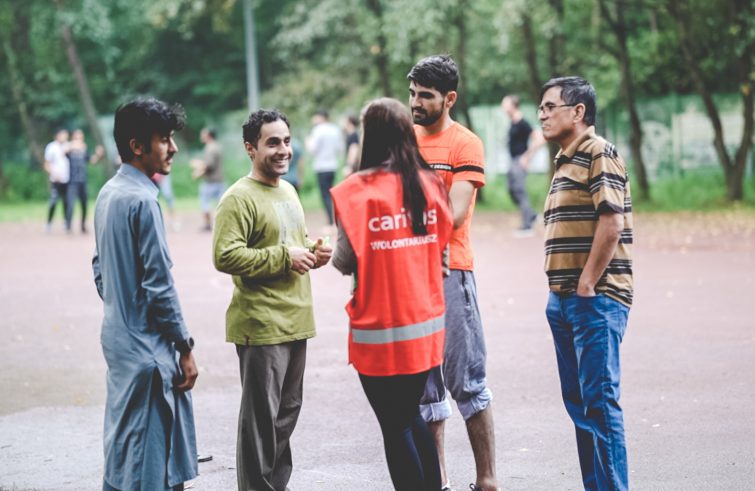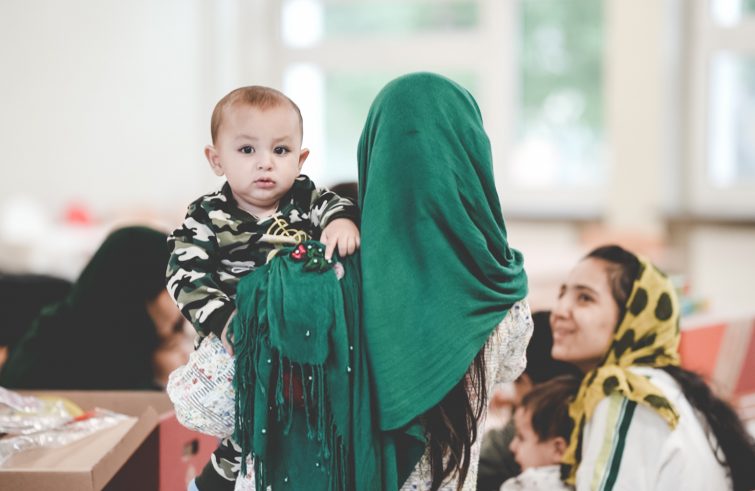
The humanitarian crisis in forests at the Belarus-Poland border, where at least 4,000 women, men and children, mostly from Syria, Iraq, Yemen and Afghanistan, have been sheltering for days in desperate conditions, is steadily escalating. It’s a tug of war between Poland and the authorities in Minsk, accused of using the migrants as pawns, facilitating their entry into the European Union by providing easier access to visas and flights. But human rights groups have accused both States and the European Union of violating the right to asylum. Caritas is providing humanitarian assistance on the Polish side of the border, to be distributed through four ‘Tents of Hope’ and local parishes. They will serve as warehouses and meeting places for delivering the needed emergency aids. Two thousand packages of food, nutrition bars, tents, sleeping bags, drinking water, winter jackets and clothes, blankets, thermos flasks and gloves have already been delivered to border parishes.
- foto: Caritas Polonia
- foto: Caritas Polonia
- foto: Caritas Polonia
The bishops of the bordering dioceses of Bialystok, Drohiczyn and Siedlce have met with parish priests and asked them to help the migrants. Caritas will be present on site ensuring the distribution of aids and the preparation of meals. “We are helping the refugees, both those arriving into Poland and those outside our country,” said Father Marcin Izycki, director of Caritas Poland. To date 500,000 Pln or 107,000 EUR have been disbursed in response to the refugee crisis.
- foto: Caritas Polonia
- foto: Caritas Polonia
- foto: Caritas Polonia
Human rights activists. Local residents have also taken action and intervened spontaneously to help the migrants who have succeeded in entering Poland, despite the water cannons and tear gas fired by Polish police to stop stone-throwing migrants. Human rights activists, including Italian-Moroccan Nawal Soufi, have been arriving there for days with considerable difficulties. Government messages were also sent to their personal mobile phones: “The Polish border is closed, the authorities have lied to you. Return to Minsk and don’t take any pills from the Belarusian soldiers.” The voluntary workers have had to hide food and baby milk in black rubbish bags covered with leaves from the woods, out of sight of the security forces.
- sms
- foto: pagina Facebook N.Soufi
They have been collecting funds on their own to arrange taxis that bring entire families to safety in Minsk, to purchase food and medicines, to help sick people and to re-launch the continued appeals of Syrian refugees to enter the EU.
- foto: pagina Facebook N.Soufi
Relief for 16 migrant centres. In the meantime, Caritas Poland has delivered aid packages to 16 migrant centres in the country, including warm clothes, children’s toys, sanitation products and food. Additional support is expected from the fundraising campaign to be launched on November 21 by the Polish Bishops’ Conference through its president, Archbishop Stanislaw Gądecki, who has called on all parishes to hold prayers and fundraising events. The Polish Church’s charitable body has aided no less than 14,500 migrants through its centres since 2018, offering services ranging from cultural mediation to legal and psychological advice, as well as financial aid for rent payments, the purchase of medicines and clothing and initiatives for integration into society.
- foto: Caritas Polonia
- foto: Caritas Polonia
- foto: Caritas Polonia
Across the border, the Church in Belarus is taking similar action. Here, approximately one thousand migrants have finally spent their first night in the warmth of a logistical hub belonging to the Belarus customs, providing mattresses, blankets, warm clothes and food. Many of them were families with children. Belarus announced that it stopped pumping oil through the Druzhba pipeline to Poland, due to “unscheduled maintenance work that may take up to three days.” The European Commission will allocate €200,000 in humanitarian aid to Red Cross groups providing assistance in those areas. The funds will be used for food, blankets and hygiene and first aid kits.

